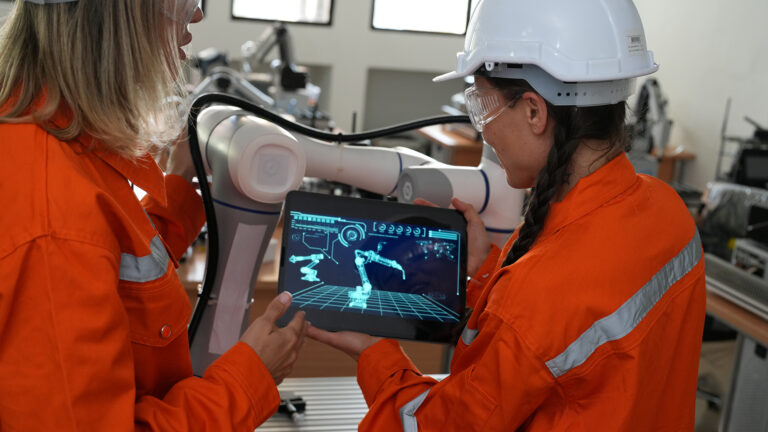Do-not-call registration aims to protect people from unwanted calls.
On 30 April, the National Do Not Call Register, created by Article 181 of the 2021 Do Not Call Accountability, came into force. This is a list where people with fixed or mobile numbers in Uruguay can register, which will protect them from receiving commercial calls without their explicit consent.
What does this service involve, how do users register, what changes do organisations need to make in order to comply with the regulation?
Some history
In the 1990s,call centres became popular as a means of serving customers through the telephone channel and as a proactive mechanism for outbound calls to acquire new customers and make new sales. Today, these strategies are still in use, even with the addition of new digital channels as a means of customer contact.
As telemarketing and telemarketing advertising campaigns became more popular, consumer protection institutions, in conjunction with governmental bodies, established regulations to protect users from this telephone spam. In this context, the idea of a do-not-call registry for each country emerged.
Looking around the world, the United States has had such regulations in place since 2003. Countries such as Australia, England, India, New Zealand, France and Singapore have millions of records in their databases, while in Latin America Argentina and Chile also compile these lists.
How does the do-not-call registration work?

The mechanism is simple: users register their numbers in a national registry. This registry must be contemplated by organisations that have outgoing call services to offer services, sales, advertising, among others. Those who do not comply with this regulation will receive sanctions and fines.
Integrating this list will prevent the person from receiving calls, SMS and communications via mobile applications, although it does not apply to emails. The types of content blocked by do-not-call registration range from credit and debit card offers to promotions related to mobile telephony, among others.
How to enter the do-not-call register?
In the case of Uruguay, users wishing to be included in the list must register. The mechanisms to do so vary according to the telephone operator (Antel, Claro or Movistar) and may be through its website, in person or by telephone, among others. The application can also be made in person at the Communications Services Regulatory Unit (Ursec).
Each user can register one or more landline or mobile phone numbers, and there is no charge.
Once registration is confirmed, there is a 30-day period for callers to update their records. This means that once a user registers they could receive unwanted calls during that period; after 31 days a complaint for non-compliance could be filed with Ursec.
On how to file these complaints, the regulator will have a space on its website to generate the complaint online.
To call or not to call, that is the question.
On the side of the organisations, they will be responsible for complying with not calling those registered on the list. For this, they will have to follow a process of registration with Ursec and constant revision of the database.
While many outbound call campaign processes are nowadays carried out manually, it is common for these mechanisms to be supported by technological tools that facilitate the task. The systems of contact centre systems work with automatic dialling modules that consume a database and make the calls without the intervention of human operators.
With this in mind, it will be imperative that these companies have certified systems and the functionality to upload blacklists of contacts to respect the do not callregistry(DNCR).
By:
Mauricio Olivera, Product Line Manager of Digital Workplace & CX Technology.
Mauricio holds a degree in Telecommunications Engineering from the University of the Republic (Udelar). He specialises in communications solutions, collaboration and technologies applied to customer experience.



